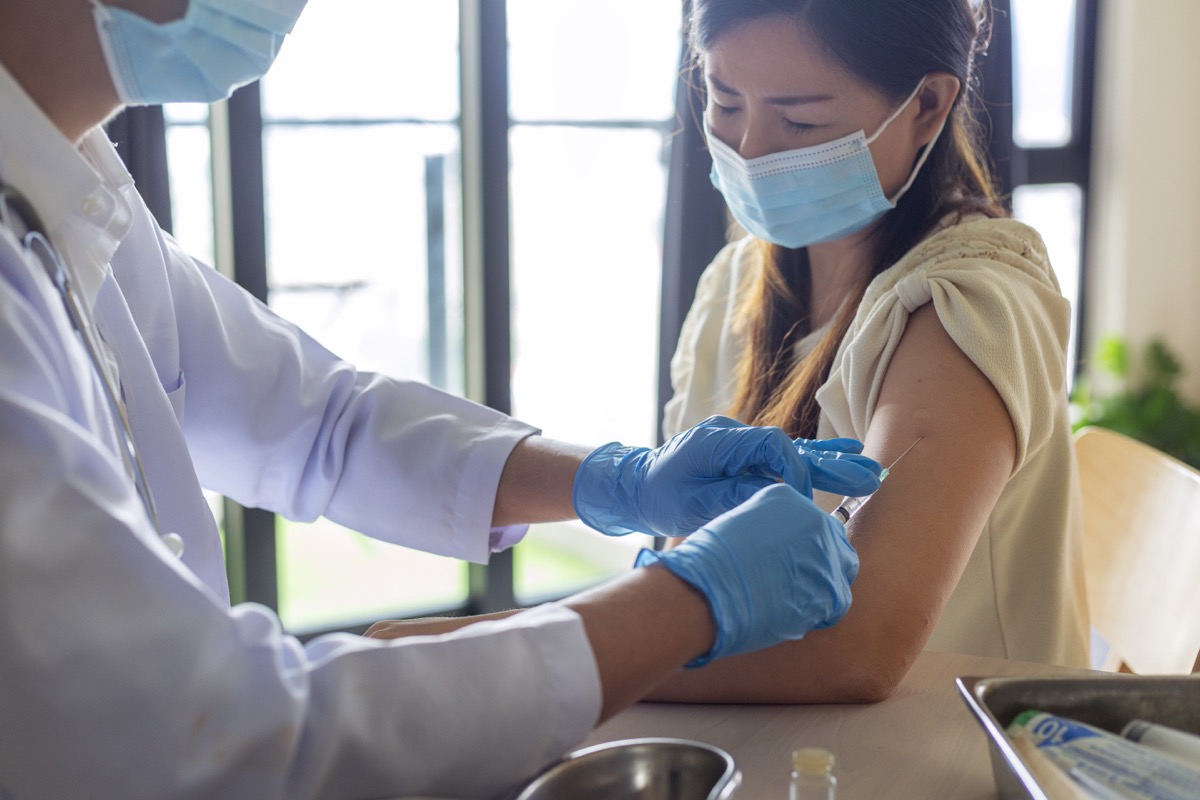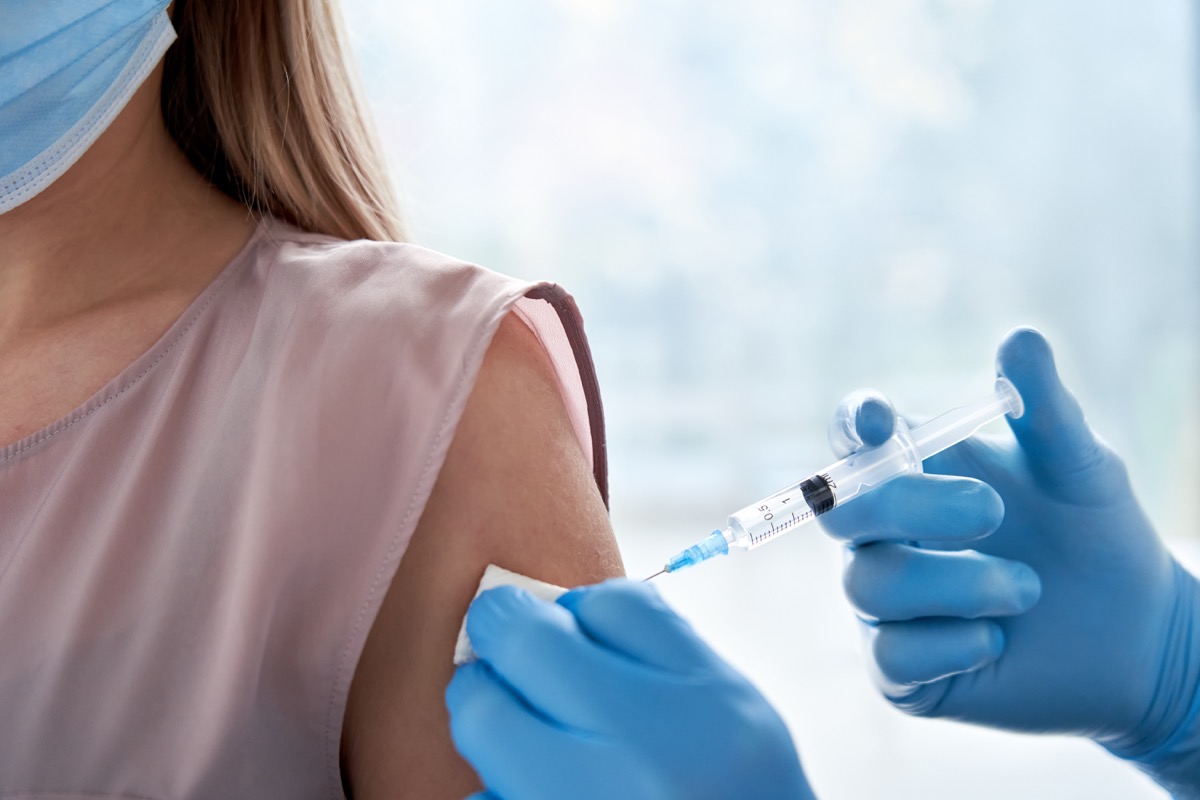After six reports of a rare blood clot in people who received the Johnson & Johnson vaccine, the CDC and FDA released a joint statement that said they are recommending an immediate pause in the use of the Johnson & Johnson vaccine “out of an abundance of caution.” The statement released on April 13 said the recommended pause will be in place until after the CDC and FDA investigate the situation fully. The CDC will convene with the Advisory Committee on Immunization Practices (ACIP) on April 14 to review these cases and assess their significance. Then the FDA will review that analysis and do an investigation of their own. Depending on what these investigations uncover, the Johnson & Johnson pause will either be lifted or set in place. “Right now, these adverse events appear to be extremely rare. COVID-19 vaccine safety is a top priority for the federal government, and we take all reports of health problems following COVID-19 vaccination very seriously,” the statement reads. And for more vaccine guidance, Make Sure to Do This the Day After Your COVID Vaccine, Experts Say. There have been six reported cases of a blood clot called cerebral venous sinus thrombosis (CVST) in combination with low levels of blood platelets (thrombocytopenia). All six of these cases were in women aged 18 to 48. The pause in administration is in part to “ensure that the health care provider community is aware of the potential for these adverse events and can plan for proper recognition and management due to the unique treatment required with this type of blood clot,” the statement says. The treatment of this kind of blood clot is different from the treatment that would typically be administered for a blood clot. According to the statement, “usually, an anticoagulant drug called heparin is used to treat blood clots. In this setting, administration of heparin may be dangerous, and alternative treatments need to be given.” And for more on life after the shot, discover The 2 Places Dr. Fauci Still Won’t Go After Vaccination. While the possibility of experiencing CVST is scary, experts want to remind you that it’s an extremely rare event. “It’s a very rare event. You’re talking about one per million, and when you give millions of doses of vaccines, you will see events like this that you couldn’t see in the clinical trial just because you didn’t have millions of people enrolled,” Carlos del Rio, MD, executive associate dean of the Emory University School of Medicine at Grady Health System, told CNN on April 13. Although it’s rare, del Rio said he thinks pausing vaccination is the right move until experts understand what’s going on and how to move forward. He commended the agencies for prioritizing vaccine safety. “I want to congratulate the CDC and the FDA for very quickly jumping on it, halting the vaccinations until we know more, and really trying to understand what’s going on,” del Rio added. And for more COVID vaccine news delivered straight to your inbox, sign up for our daily newsletter. According to the statement, the symptoms of CVST and thrombocytopenia began to appear within six to 13 days of vaccination in women who experienced them. The statement urges “people who have received the J&J vaccine who develop severe headache, abdominal pain, leg pain, or shortness of breath within three weeks after vaccination” to contact their health care provider immediately. And for more on vaccine efficacy, This One Vaccine May Protect You Against All Variants, New Study Says.ae0fcc31ae342fd3a1346ebb1f342fcb Del Rio told CNN that the blood clotting could be due to the fact that the Johnson & Johnson vaccine is an adenovirus vector vaccine, the same as AstraZeneca. While the AstraZeneca vaccine isn’t approved in the U.S., it has been authorized in over 70 countries. AstraZeneca has also led to a small number of unusual blood clots with low blood platelets. The European Medicines Agency recently decided these occurrences should simply be listed as a “very rare side effect” of the vaccine, according to CNN. They ruled that the benefits of the shot are worth the risk but noted people should look for signs of clots. Pfizer and Moderna are mRNA vaccines, which use a different mechanism to protect you from COVID. And for more on the the future of vaccination, This Is How Long the Moderna Vaccine Really Protects You, New Study Says.




